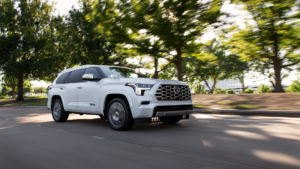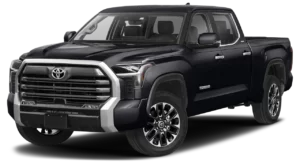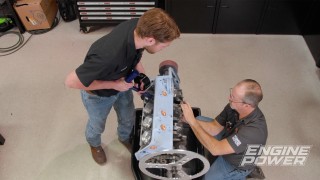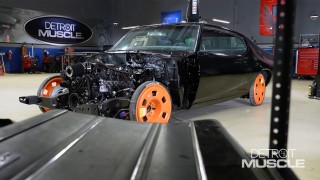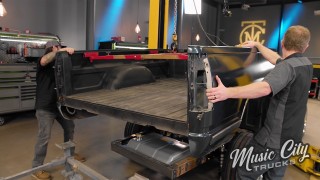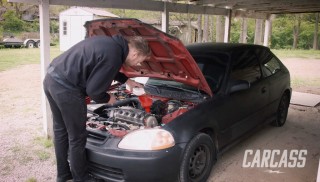Critical Recall: Toyota Replaces Engines in 100,000 Tundras and Lexus LXs
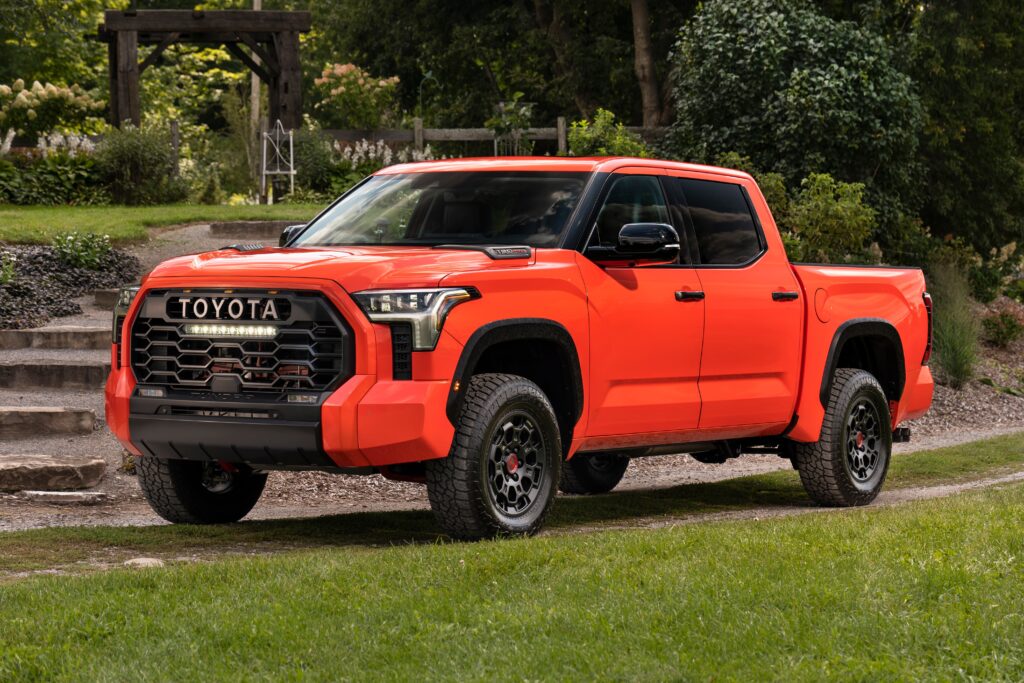
In June 2024, Toyota announced the recall of approximately 102,000 units of the Tundra and the Lexus LX from the 2022 and 2023 model years due to an engine-related issue. Initially, there was no fix available for the problem, but the company has since developed a solution: replacing the engines in the affected vehicles.
Table of Contents
Recall Details
The recall, identified as number 24V-381 by the National Highway Traffic Safety Administration (NHTSA), affects non-electrified variants of the Tundra, which come with a twin-turbocharged 3.4-liter V6 engine, available with either 348 or 379 horsepower depending on the trim. The hybrid versions, also based on a 3.4-liter V6, are not included in this recall. The Lexus LX, which exclusively uses this six-cylinder engine, is also part of the recall. Although over 100,000 vehicles are being recalled, the issue is present in only about 1% of them.
Nature of the Problem
Toyota has indicated that “certain machining debris may not have been cleared from the engine during production.” This debris can cause the main bearings to fail, leading to severe engine issues. Symptoms include engine knocking, rough running, failure to start, or even complete engine failure while driving, which significantly increases the risk of accidents. Although no accidents or injuries have been officially linked to this issue, several Tundra owners have reported problems consistent with Toyota’s description.
Reports and Complaints
Multiple Tundra owners have filed complaints with the NHTSA, reporting issues such as “pulsing/mechanical noises” and engine shutdowns. One report detailed an engine failure on an exit ramp, where the engine couldn’t be restarted. Many of these incidents were preceded by the “check engine” light illuminating. To date, no similar engine problems have been reported for the Lexus LX.
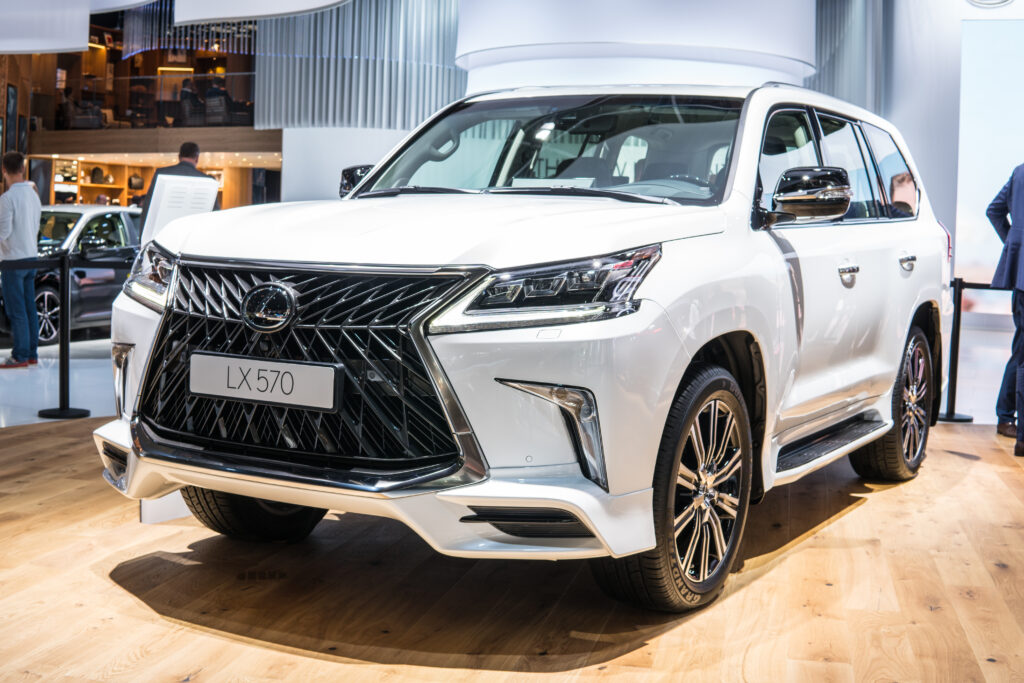
Toyota’s Response
Toyota’s solution involves replacing the engines in the affected vehicles. The company plans to notify customers by mail by the end of July 2024. The Tundras included in the recall were manufactured between November 2, 2021, and February 13, 2023, while the recalled Lexus LX units were built from July 30, 2021, to November 25, 2022. Owners are encouraged to schedule an appointment with their local dealership as soon as they receive their notification to avoid further engine issues.
Detailed Explanation from Toyota
In their internal documentation, Toyota explains that the affected vehicles are equipped with the V35A engine, which includes crankshaft main bearings that allow the crankshaft to rotate within the engine assembly. During a specific production period, engine machining debris may not have been adequately cleared, leading to contamination. Over time, this debris can adhere to the bearings, especially under higher loads, causing the bearings to fail.
Investigation and Remediation
Toyota first identified this problem in June 2022, after examining two pickup trucks with seized engines. The company’s technicians suspected debris contamination and continued to investigate through May 2024. During this period, Toyota implemented process changes at its manufacturing plants to reduce the risk of engine contamination.
By May 2024, Toyota had recorded 166 Field Technical Reports and 824 warranty claims in the U.S. related to this issue. Based on this data, the company decided to proceed with the recall. Toyota will reimburse owners who have already paid for related repairs, and all recall work will be performed at no cost to the vehicle owners.
Final Thoughts
Toyota’s proactive approach in addressing this engine issue reflects its commitment to vehicle safety and customer satisfaction. Owners of the affected Tundra and Lexus LX vehicles can expect to receive notifications soon and have their engines replaced to ensure their vehicles operate safely and reliably. Toyota’s diligent investigation and prompt action demonstrate the company’s dedication to maintaining its reputation for high-quality vehicles and responsive customer service.
